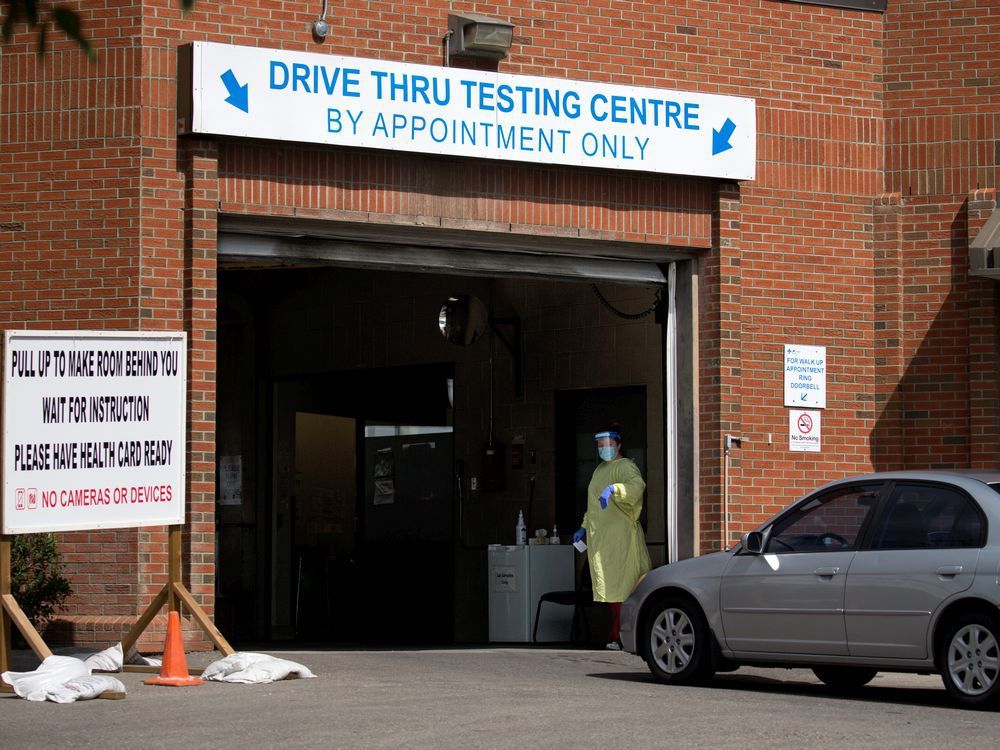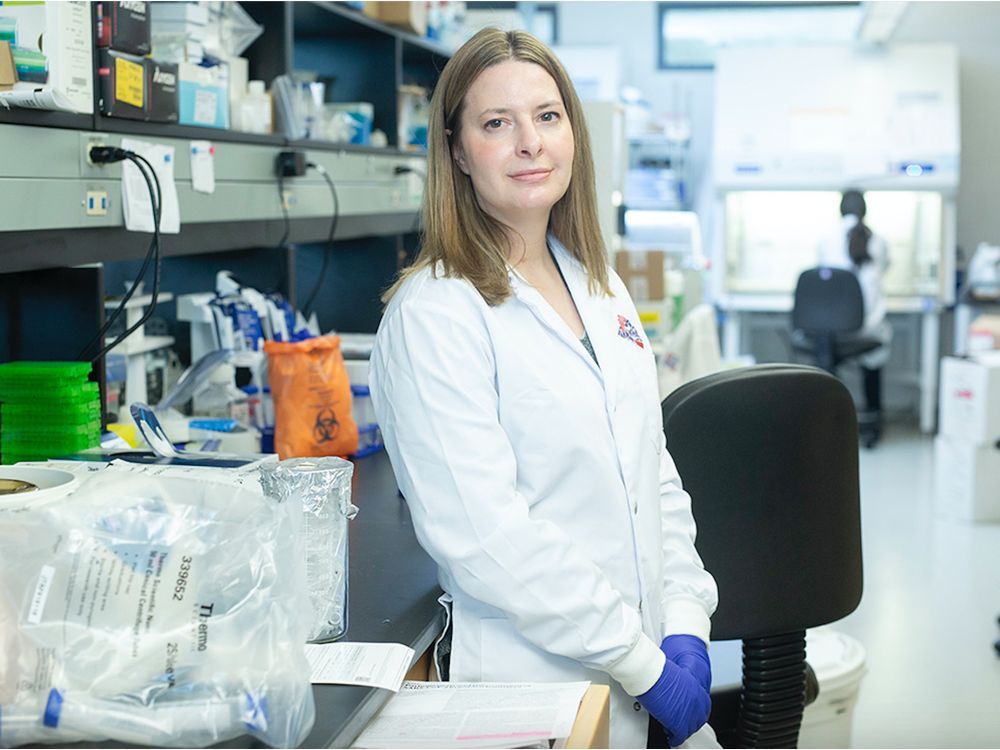the chances of contracting a case of long covid are cut in half for people who have been fully vaccinated, according to a new study that found the rate of hospitalization and the emergence of extreme symptoms become considerably less likely after inoculation.the study, conducted at king’s college london and
published in the lancet, analyzed data provided by vaccinated adults in the u.k. after 1,240,009 first doses and 971,504 second doses over a six-month period beginning in december, 2020. after analyzing a range of factors — such as age, frailty and areas of deprivation — researchers found double vaccinated people were 49 per cent less likely to have an enduring case of covid-19 in the unlikely event they experience a breakthrough case of the virus. hospital trips were 73 per cent less likely after infection and the emergence of acute symptoms became 31 per cent less common after patients were fully vaccinated.“in terms of the burden of long covid, it’s good news that our research has found that having a double vaccination significantly reduces the risk of both catching the virus and if you do, developing long standing symptoms,” said claire steves, the lead researcher from king’s college. “however, among our frail, older adults and those living in deprived areas the risk is still significant and they should be urgently prioritized for second and
booster vaccinations.”
roughly
one in five people who get covid experience “long” symptoms — including fatigue, breathlessness, anxiety, heart palpitations or brain fog — five weeks after being infected by the virus, according to the u.k.’s office for national statistics. while the rate decreases to one in seven after 12 weeks, during a four-week period earlier this year, over 1.1 million people in the u.k. were believed to be affected by the phenomenon.the study found fully vaccinated adults exhibited symptoms similar to unvaccinated people upon experiencing a breakthrough infection — including loss of smell, cough, fever, headaches and fatigue — but all milder and less frequent in occurrence. patients were half as likely to experience multiple symptoms in the first week of infection and sneezing was the only symptom that occurred more frequently in vaccinated people versus the unvaccinated.although age on its own is not considered to be a risk factor for covid-19, people with conditions that limit mobility and independence, such as frailty, were two times more likely to get infected following their first dose of the vaccine than unvaccinated people — a finding supported by previous research. people living in the most deprived areas of the u.k. also faced a greater risk after their first shot, steves said, a finding that highlights the need for more targeted measures, such as booster shots and additional research into the differing immune response among these populations.overall, researchers said the vaccines are doing their job based on the data provided by millions of users of the free
zoe covid study app, which provides data for the king’s college researchers to analyze. “vaccinations are massively reducing the chances of people getting long covid in two ways,” said tim spector, the study’s lead investigator. “firstly, by reducing the risk of any symptoms by 8 to 10 fold and then by halving the chances of any infection turning into long covid, if it does happen. whatever the duration of symptoms we are seeing that infections after two vaccinations are also much milder, so vaccines are really changing the disease and for the better. we are encouraging people to get their second jab as soon as they can.”sajid javid, the u.k.’s health and social care secretary, said the study serves as more evidence that inoculation is making a big difference in the fight against the virus. “covid-19 vaccines have saved more than 105,000 lives and prevented over 24 million infections in england alone,” he said. “this research is encouraging, suggesting vaccines are not only preventing deaths but could also help prevent some of the longer lasting symptoms. it is clear vaccines are building a wall of defence against the virus and are the best way to protect people from serious illness.“i encourage everyone who is eligible to come forward for both their jabs as quickly as possible.”
dave yasvinski is a writer with healthing.ca
 3 minute read
3 minute read









